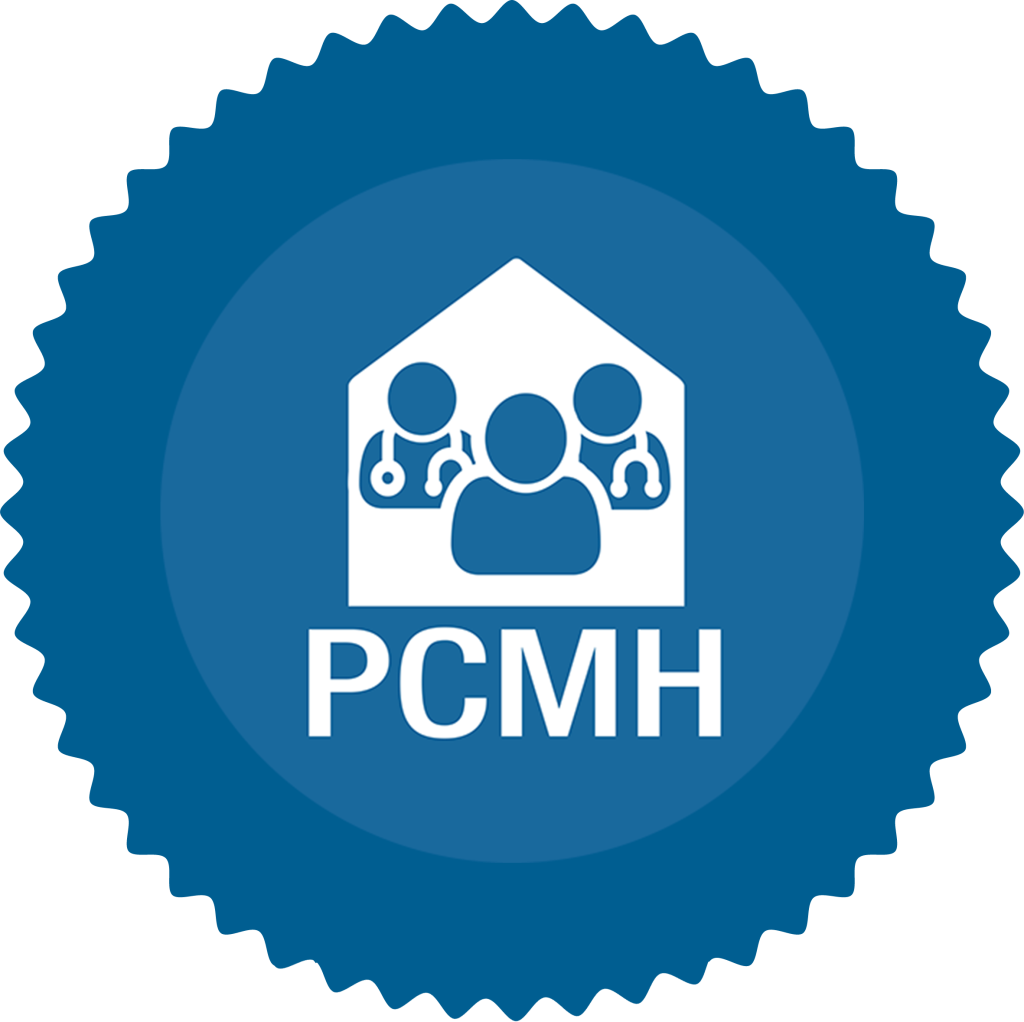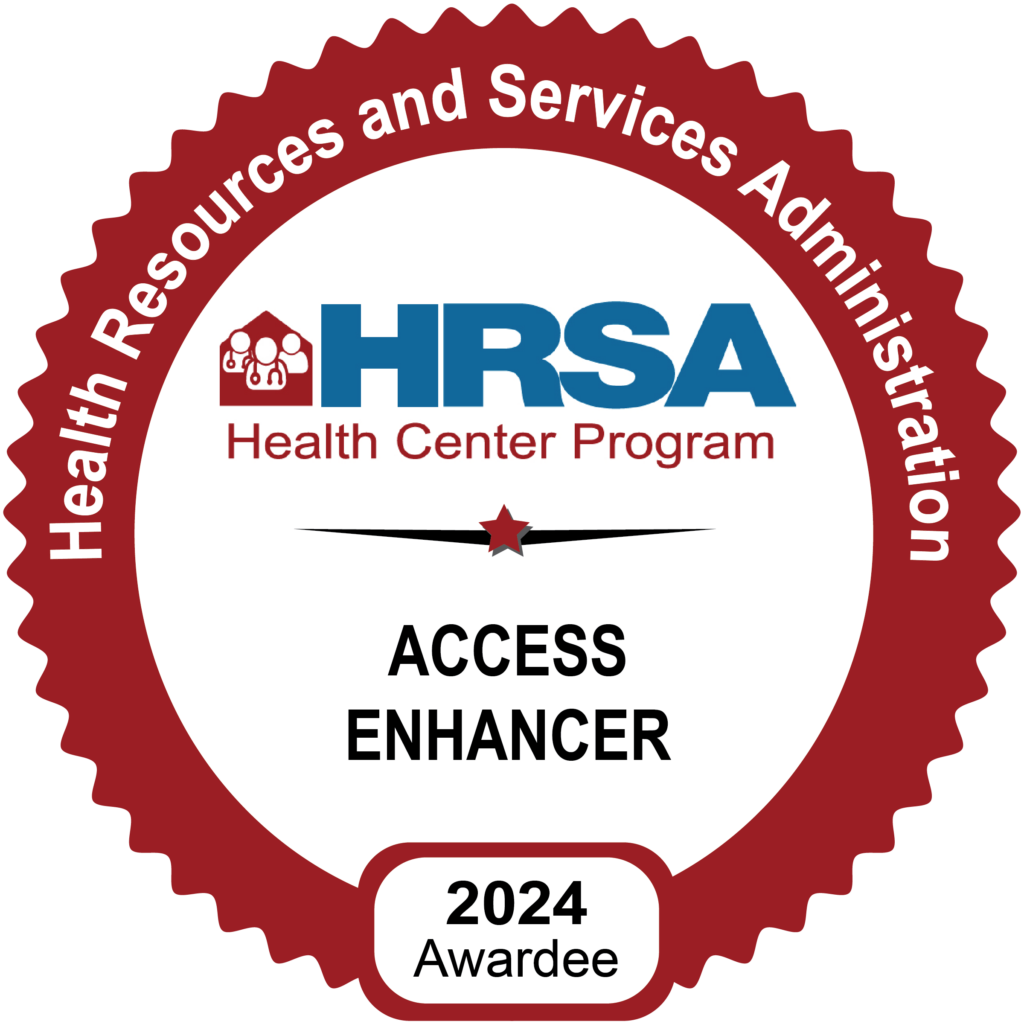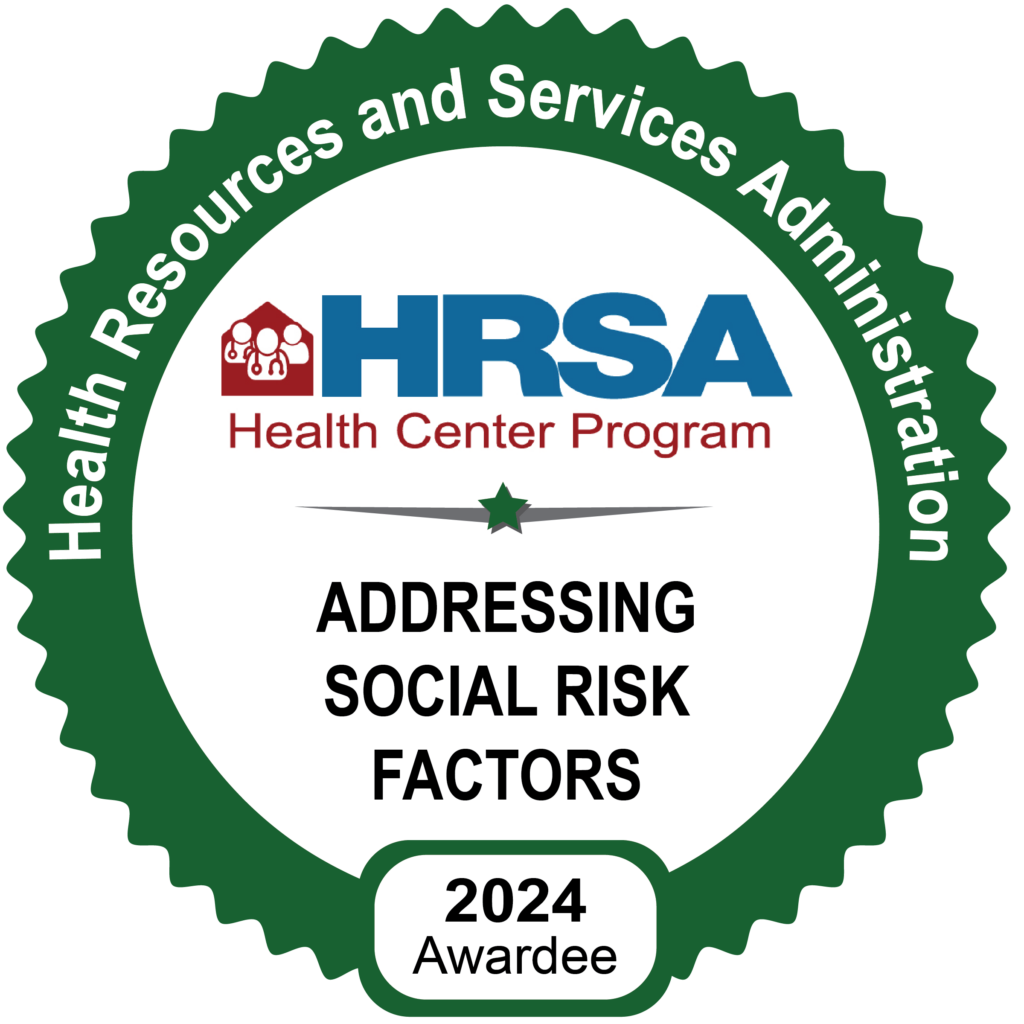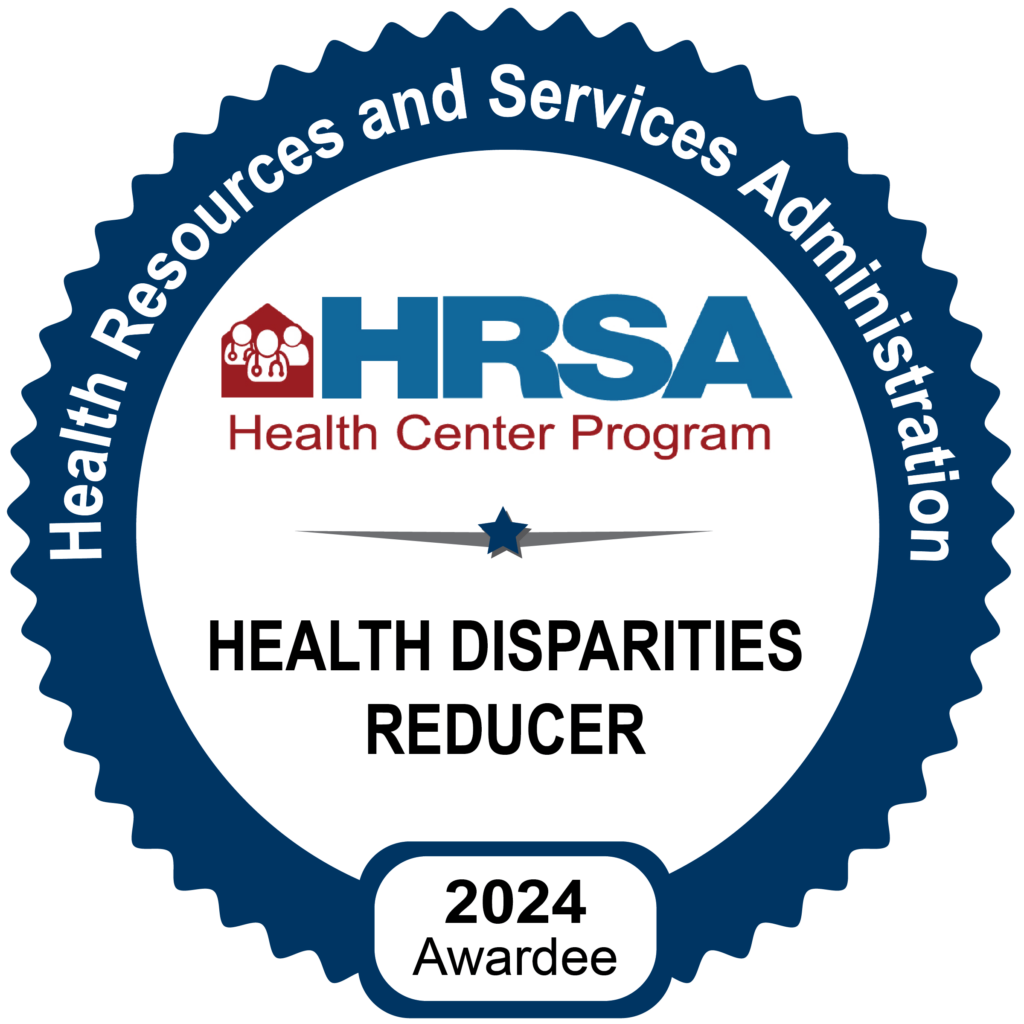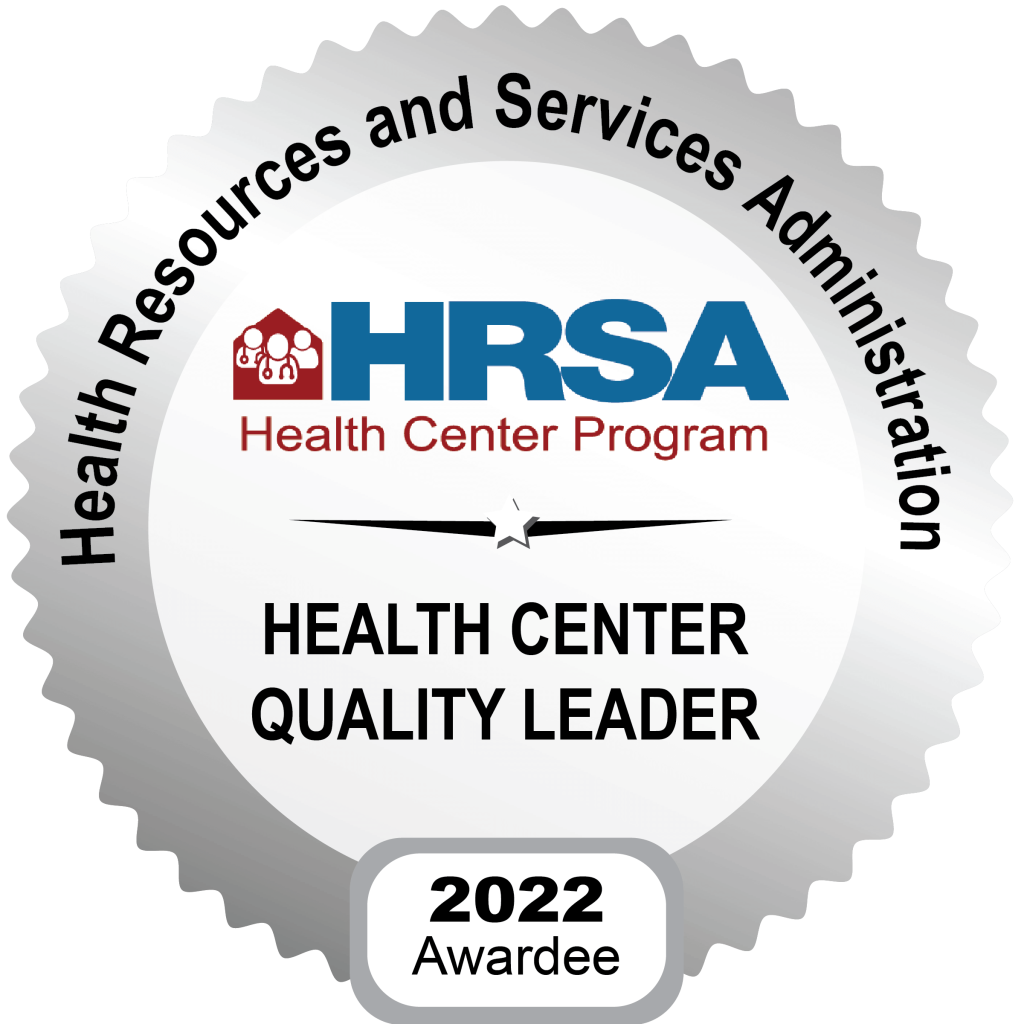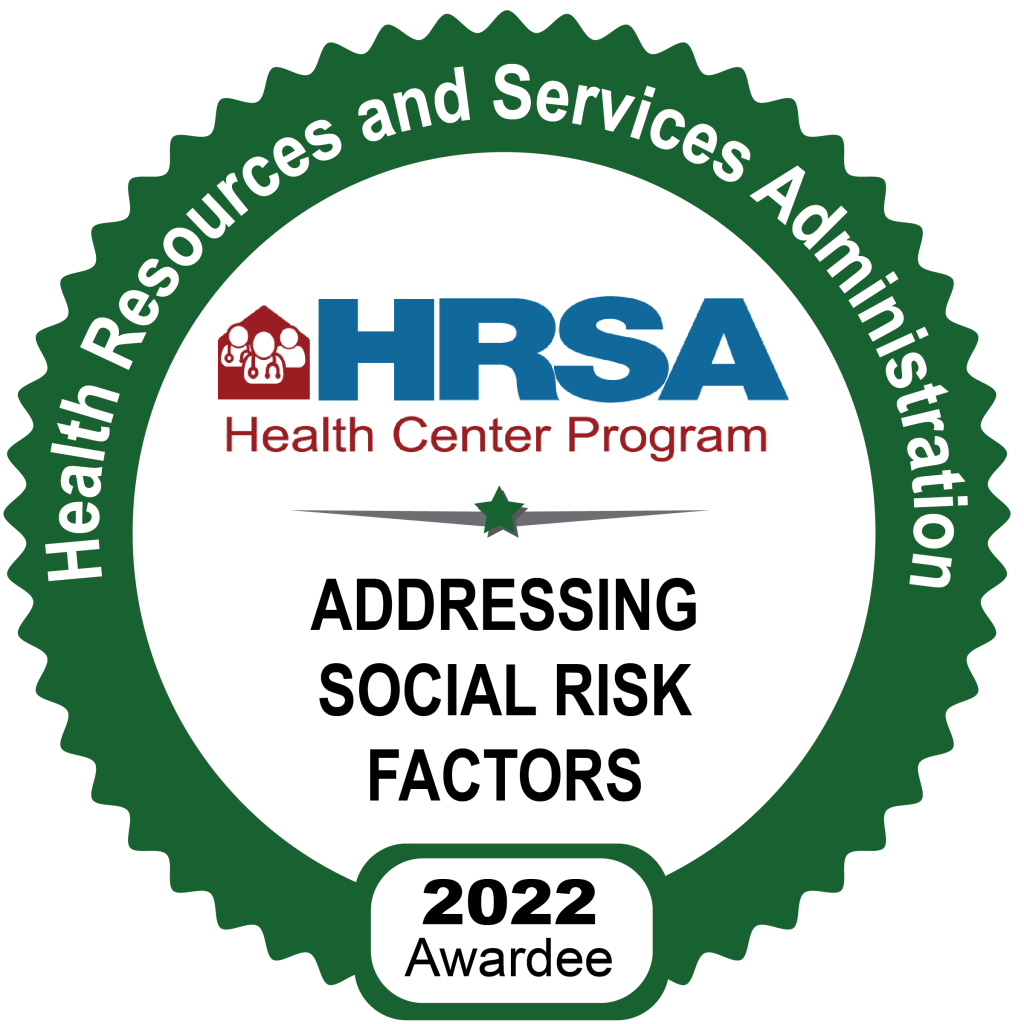
November is National Diabetes Month, a time when communities across the country team up to bring attention to diabetes. This year’s focus is on managing diabetes by building your health care team.
Diabetes is a disease that occurs when your blood glucose, also called blood sugar, is too high. It affects about 37 million Americans, including adults and youth. Diabetes can damage the eyes, kidneys, nerves, and heart, and is linked to some types of cancer.
Working with health care professionals who can offer you the personal care you need may help improve your health. And while it takes a team to manage diabetes, remember that you are the most important participant in your diabetes care.
Here are some tips to help you manage diabetes and build your health care team:
You are the center of your care
Learn as much as you can about your disease and talk with your primary care provider about how you can get the support you need to meet your goals.
Manage diabetes as early as possible
Take steps to improve your health. Talk with your primary care provider about how you can manage your diabetes, follow the ABCs, and create a diabetes care plan. Research has shown that taking action soon after being diagnosed can help prevent diabetes-related health problems such as kidney disease, vision loss, heart disease, and stroke. If your child has diabetes, be supportive and positive. Work with your child’s primary care provider to set specific goals to improve their overall health and well-being.
Build your diabetes health care team
A team of health care professionals can tailor your care for your specific needs. Besides a primary care provider, your health care team may include a nutritionist and a certified diabetes educator. Ask your primary care provider if you should talk with other health care professionals about your diabetes.
Prepare for visits with your providers
Before your appointment External link, write down a list of questions, review your diabetes self-care plan, and record your blood glucose results.
Take notes at your appointment, ask for a summary of your visit, or check your online patient portal
Have a blood pressure check, foot check, and weight check. Talk with your team about medications and new treatment options, as well as the vaccines you should get External link to reduce your risk of getting sick.
Start with small changes to create healthy habits
Make physical activity and healthy eating part of your daily routine
Set a goal and try to be active most days of the week and follow a diabetes meal plan. Choose fruits and vegetables, whole grains, lean meats, tofu, beans, seeds, and non-fat or low-fat milk and cheese. Consider joining a support group that teaches techniques for managing stress and ask for help if you feel down, sad, or overwhelmed. Sleeping for 7 to 8 hours each night can help improve your mood and energy level.
source: https://www.niddk.nih.gov/health-information/community-health-outreach/national-diabetes-month



